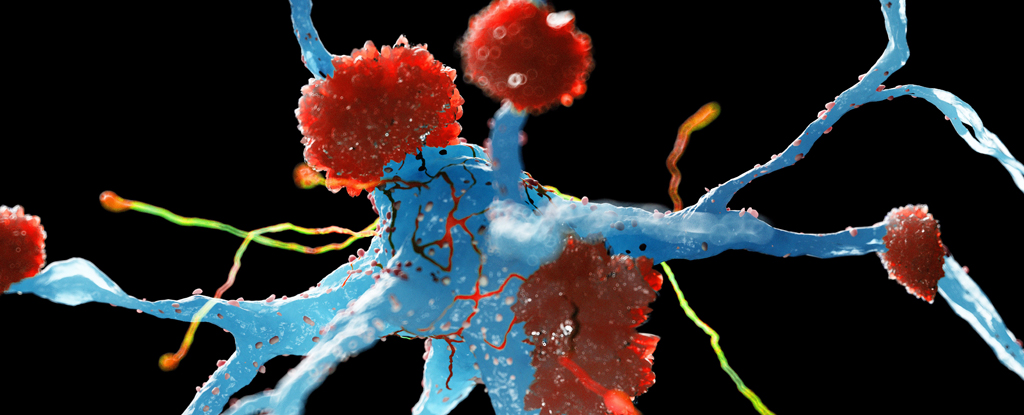Eli Lilly, a US pharmaceutical company, has announced encouraging clinical trial results for its new Alzheimer’s medication, donanemab. The experimental drug has demonstrated in a late-stage trial that it can slow cognitive decline by 35%, by targeting amyloid plaques in the brain, a common hallmark of Alzheimer’s disease. Beta-amyloid, a protein that plays an important role in brain function, turns toxic in patients with Alzheimer’s disease, leading to cognitive issues such as memory loss. Donanemab uses the body’s immune system to remove these amyloid plaques from the brain, reducing disease-related decline.
The trial, conducted in 1,182 people with early symptoms of Alzheimer’s disease and detectable plaques in their brains, involved half of the participants receiving an initial 700 milligrams of donanemab intravenously every four weeks for the first three doses, then 1,400mg every four weeks thereafter. The other half received a placebo treatment. Participants stopped treatment when the plaques in their brain were cleared. Over 50% of the participants completed their course of treatment after one year, and a further 20% completed treatment after 18 months.
Nearly half of the participants who took donanemab showed no signs of an increase in the severity of their disease after one year. Participants who took the drug had a 40% less decline in their ability to perform daily activities at 18 months, alongside a 39% lower risk of progressing to the next stage of the disease when compared to the placebo group. The researchers found that cognitive decline was slowed by 22% when the data was combined with participants who had intermediate tau levels, compared to 35% for the initial study cohort.
However, the trial also showed that the drug had concerning side effects, with around 24% of participants experiencing brain swelling and 31% experiencing microhemorrhages. These side effects were dangerous in around 1.6% of cases, leading to three deaths.
While donanemab is not the first amyloid-targeting drug to be developed, its results are promising. Two other drugs, aducanumab and lecanemab, have been approved for use in the past couple of years, but both have had different results compared to donanemab. Aducanumab’s effectiveness was only significant when certain sub-groups of patients were excluded from the analysis, and lecanemab had relatively worse results compared to donanemab but had a lower proportion of adverse incidents.
Although donanemab’s results are promising, there are still many unknowns. Researchers do not know why donanemab works differently in different people, which patients may most benefit from the treatment, or which patients are more at risk for developing dangerous side effects. Further studies are needed to investigate these unknowns alongside looking at what makes this treatment successful. Nevertheless, the results of this trial indicate that early intervention and targeting the right brain changes at the right time is key when it comes to Alzheimer’s disease.



Leave a Reply